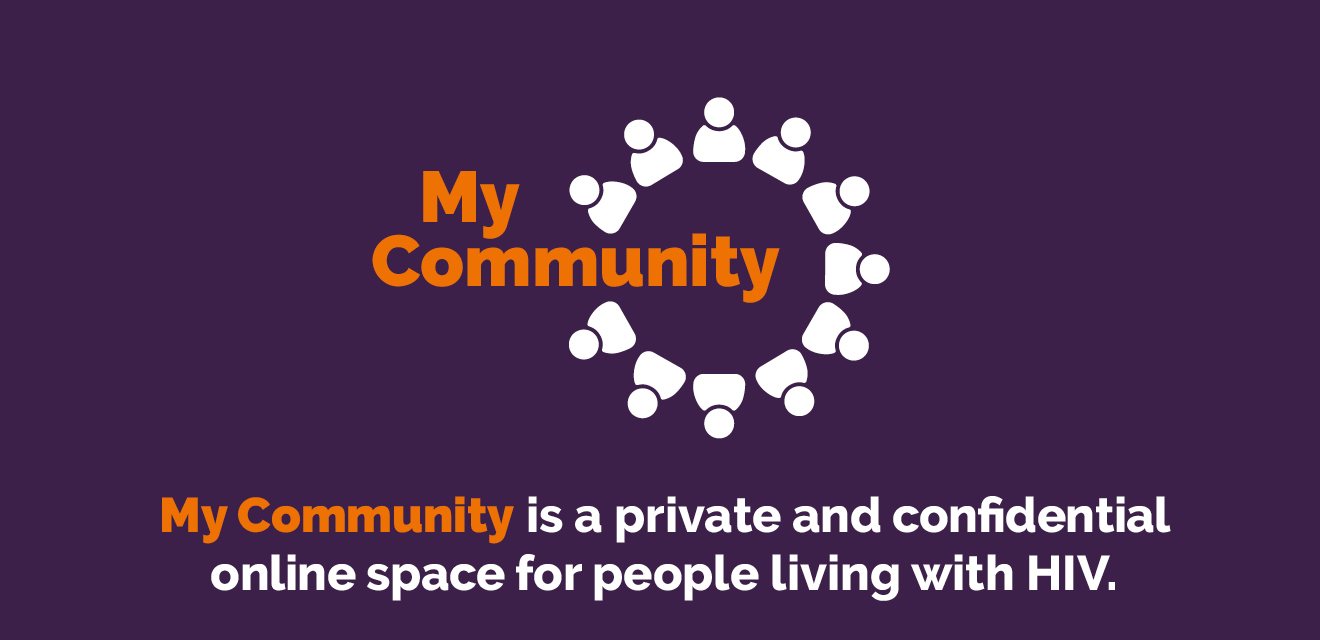This year, we launched new services for people living with HIV and celebrated campaign wins. Our vital work brings us closer to ending new HIV transmissions by 2030, stopping stigma, and supporting everyone living with HIV who needs us.
1. Our World AIDS Day wins
After years of campaigning, on World AIDS Day 2024, Prime Minister Sir Keir Starmer, announced £27 million of funding to extend opt-out testing across 81 emergency departments in England and to fund 9 more to start. More than 5,000 people have been found with HIV, hepatitis B and C in two years, having received a blood test in just four cities and more hospitals in areas with a high HIV prevalence are starting to test every week. Opt-out testing is a vital tool if we are to find the last person living with undiagnosed HIV and end new cases of HIV in the UK by 2030.
In Scotland, Scotland’s Minister for Public Health, Jenni Minto MSP, announced that the Scottish Government will provide further funding to tackle HIV stigma in health and social care settings. This comes after the success of our 'Stigma is more harmful than HIV' TV campaign in Scotland, in collaboration with the Scottish Government and sector partners.
Read more about our World AIDS Day wins.
2. Record-breaking year for smashing stigma
By supporting Terrence Higgins Trust you helped us reach over 15,427 people through 256 Positive Voices sessions in a record-breaking year. Our Positive Voices programme offers informative talks and education sessions directly from people living with HIV. Hearing directly from people about their personal experiences of living with HIV is key to changing hearts and minds and breaking down HIV stigma.
3. Our RED RUN runners took on Storm Bert
On Saturday 23 November, 90 of our supporters took on Storm Bert as they joined our biggest RED RUN team ever. Battling 50mph winds in east London’s Victoria Park, together they raised over £17,000 to help us smash HIV stigma, encourage testing and end new cases of HIV in the UK by 2030.
4. Future proofing with mpox vaccines
We were heavily involved in the response to the 2022 outbreak of mpox in the UK, and continued our work following the emergence of a new strain this year. While the risk to the general population in the UK remained low, with only five cases of the new variant of mpox confirmed by the UK Health Security Agency, we campaigned for the country to be ready for any future outbreaks. In September the Government announced an order of 150,000 more mpox vaccines to be delivered through sexual health services for people who need them.
5. Test, test, test
Through our one-of-a-kind self testing service, we provided 12,656 low-cost and free HIV tests to people across the UK via our website test.tht.org.uk. We are the only service across the country that will provide a free test to eligible people whenever they are in the UK if they are from a group that has a high risk of HIV, and can’t afford to buy at the low cost of £15.
6. Ending outdated HIV rules in the DVLA
In January, the DVLA updated its HIV guidance to reflect the reality of living with HIV today. We worked with the DVLA alongside the British HIV Association to remove outdated language that required a driver to tell the DVLA if they ‘have AIDS’ – with a £1,000 fine if they didn’t. We also successfully ensured a change to the rules to remove all stigmatising language from the guidance. Crucially, new rules make it clear a person does not have to tell the DVLA if they are living with HIV.
7. Making connections with My Community
In September, we launched our new peer support platform for people living with HIV. My Community is a free online space for people living with HIV to feel supported, connect, share experiences, seek advice, find reliable information and get involved. My Community is available via an app downloaded to your phone or via a web browser.

8. Here when people need us
We have responded to over 12,700 enquiries to our confidential free helpline, THT Direct, which is funded entirely by supporters like you. Our advisers provide emotional support if someone is worried about their sexual health or have concerns about living with HIV. They also help with access to local services across the UK.
9. Growing older with HIV
Thanks to remarkable advances in treatment, more than half of people living with HIV are now aged 50 and older. It’s essential that people should be able to grow older with HIV knowing they can access the support and care they need without fear of discrimination or prejudice. Earlier in the year, we launched new online Social Care training for those working in social care services, so they have the awareness and up-to-date knowledge of HIV to provide respectful and supportive care.
10. Finding people not in HIV care
Over 15,500 people living with HIV in the UK have been previously diagnosed with HIV but are not currently getting care. Because they aren’t on treatment, they’re at higher risk of developing serious illness, and may be at risk of passing on the virus. This year, as a result of our campaign, the UK Health Security Agency amended its reporting on the UNAIDS ‘95-95-95' targets to better account for the number of people diagnosed with HIV who are not receiving care. This is a vital acknowledgement of this issue, which will help our campaigning for action to tackle it.
There is so much more we can achieve together in 2025. The year will mark the middle of the decade, and mean that we only have 5 years left to end new cases of HIV in the UK by 2030. We are still not on track to reach that goal, but it’s still possible.Together we can stop HIV.

